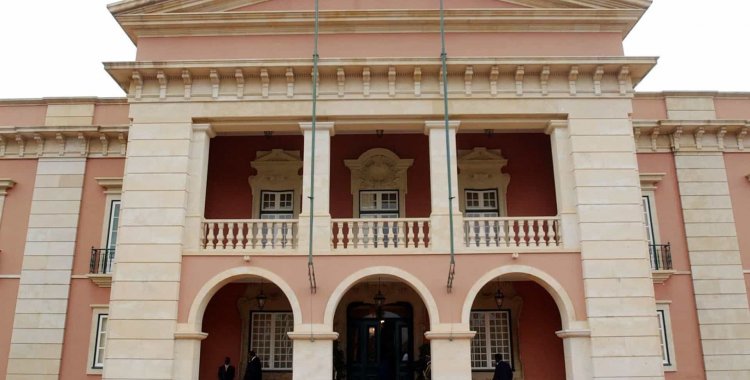For the apposition, the municipal tabulation of the results obtained and calculated at the polling stations "is particularly important" for Angola: "Country where the President of the President's Security House controls the transport, storage and custody of imported ballots. Republic".
"And who is this House of Security of the President of the Republic? It is that entity already famous for the scandals of embezzlement and public fraud, in the so-called Operation Crab", stated UNITA deputy Mihaela Webba, in the presentation of the joint declaration of the parties to the press in opposition to the bill amending the Law on General Elections, approved in a second deliberation on Wednesday.
The parliamentary groups of the National Union for the Total Independence of Angola (UNITA) and the Broad Convergence for the Salvation of Angola – Electoral Coalition (CASA-CE), members of the Social Renewal Party (PRS), of the National Front for the Liberation of Angola (FNLA) and not part of a parliamentary group subscribe to the joint declaration.
According to the opposition, "in practice, it is the Security House of the President of the Republic that controls the elections in the country, because it controls the National Electoral Commission (CNE)".
"If we really want to fight corruption and guarantee fairness and electoral truth, does it make sense to assign electoral tasks to a fraudulent entity, which covers up acts of embezzlement, fraud and criminal association?", they question.
"So, will the electoral truth be guaranteed by criminals? It may not be all of them, of course. But the entire entity is undermined," the opposition pointed out.
UNITA, CASA-CE, PRS, FNLA and independent politicians also consider that the public faith of the Security House of the President of the Republic of Angola "is undermined": "Those who steal money also steal ballot papers", they fired.
The House of Security of the President of the Republic is at the center of a corruption scandal whose visible face is Major Pedro Lussati, linked to the organization, detained since June after being found in possession of millions of dollars, euros and saved kwanzas in suitcases, crates and vehicles.
Various movable and immovable property of the military officer of the Angolan Armed Forces (FAA) indicted for the crimes of embezzlement, retention of currency and criminal association, whose indictment has already been formalized by the Angolan Attorney General's Office (PGR), were also seized.
The major's arrest took place within the scope of Operation Crab and also contributed to the dismissal of several FAA officers linked to the President's House of Security, involved in this process.
General Pedro Sebastião, then minister of State and head of the Angolan President's House of Security, was dismissed by João Lourenço, following this process, and General Francisco Pereira Furtado was appointed in his place.
The opposition asked President João Lourenço not to enact the law that amends the Organic Law on General Elections, approved on Wednesday in a second deliberation with only favorable votes from the Popular Movement for the Liberation of Angola (MPLA) as they considered "no guarantee electoral truth".
The biometric control of the voter and the automatic registration of these in the digital electoral rolls, the aggregated partial tabulation of the voters' will, as a downstream control element of the primary count carried out at the polling stations and the composition and functioning of the CNE are for the Angolan opposition elements that "constitute the foundations for guaranteeing equality, transparency, fairness and electoral truth".
Opposition wants PR Security House 'outside' the elections because it is "undermined"
Opposition parties criticized the “illegal action” of the Security House of the President of the Republic in “controlling” the elections in the country, considering that the “public faith” of the organ “is undermined, due to the financial scandals”.







